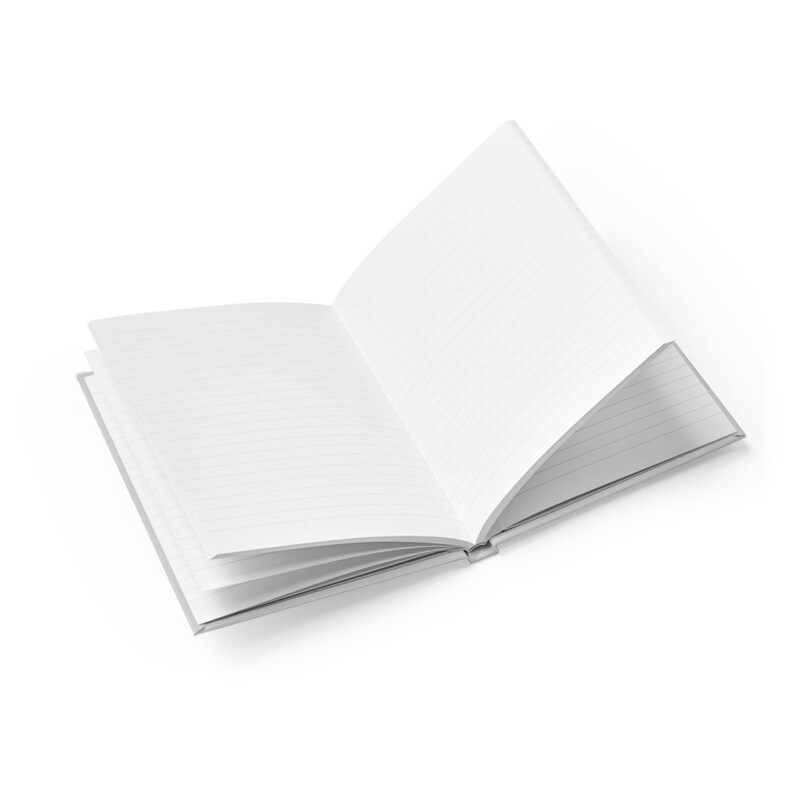
When people jot something down, it displays that the listener is engaged and that the ideas discussed are relevant to participants. Taking notes or being prepared to take notes shows the presenter and the rest of your team that you mean business, and that the concepts being presented are important. If you’re around a conference table, nothing makes a presenter more nervous than that one person just sitting back, relaxing and trying to catch M&Ms in his mouth. The benefits aren’t just for you taking it all in, sitting in the chair. Why Should You Take Notes in a Meeting?īefore diving into various effective note-taking strategies to improve your memory, recall and to-do lists, let’s think about why we should take notes at all.

Here’s one for Captain Obvious: Most people aren’t taking notes on a laptop during a presentation they’re trying to improve their Reddit karma. Laptops are horrible during presentations and lectures. One of the most overlooked skills there is!Īccording to academic research, we aren’t taught note-taking skills as students, even though we’re expected to do it.ĭon’t get your hopes up that iPads and laptops have made things better in regards to notes and attention.
Memory note taking how to#
Practice management advisor, Joyce Brafford says “there’s no shame in drawing charts or shapes if it aids your understanding.You probably don’t really know how to do something that you’ve been asked to do for a good portion of your life. Keeping a list of questions will also give you easy reference points when you need to re-engage with your notes for a paper or project. This makes it easy to follow up with professors, or to offer a question at the end of the lecture. Yager advises students to keep a record of questions relating to the material as they go along. Anything your professor thinks is most important should probably be prioritized in your notes and your study. She says that following the method of cadence in any speaker’s presentation will teach you what the speaker feels is the most important. “The main point is always indicated by cadence emphasis,” says Pamela Hanson who spent time as a paid note taker in college. “Ask your professor or the person presenting if PowerPoint slides are available to view after the presentation. Jenna Elkins, Media relations coordinator for TechnologyAdvice, has often watched people scrambling to write down everything they see in a PowerPoint presentation and missing all the important points a speaker says aloud - when those are often the most important points to write down. “Make sure that for each and every class or lecture that you attend, you have one overriding concept that is behind that class.” Key points will not only make your review time much easier, they will also help you actively understand the point of each lecture. Jan Yager, a professor and author who is writing a book on how students can make their time in college more efficient.

“What is the key point that the professor is making? Write that down,” says Dr. Whether you prefer to take notes digitally or by hand, read on! There’s a section for you.

We’ve asked professionals in multiple fields for their top tips in note-taking. Taking excellent notes and keeping them organized will help you focus on learning the information you need to know for the test. You have a handful of classes, and each of those classes has a breakdown of units, schedules and readings, and by the time you think you’ve got the hang of it - a new semester starts, and the task of getting organized begins again.īut spending time and energy trying to keep all of the new information straight isn’t an efficient use of your investment in college.

MENU Site Navigation Close navigation menu


 0 kommentar(er)
0 kommentar(er)
